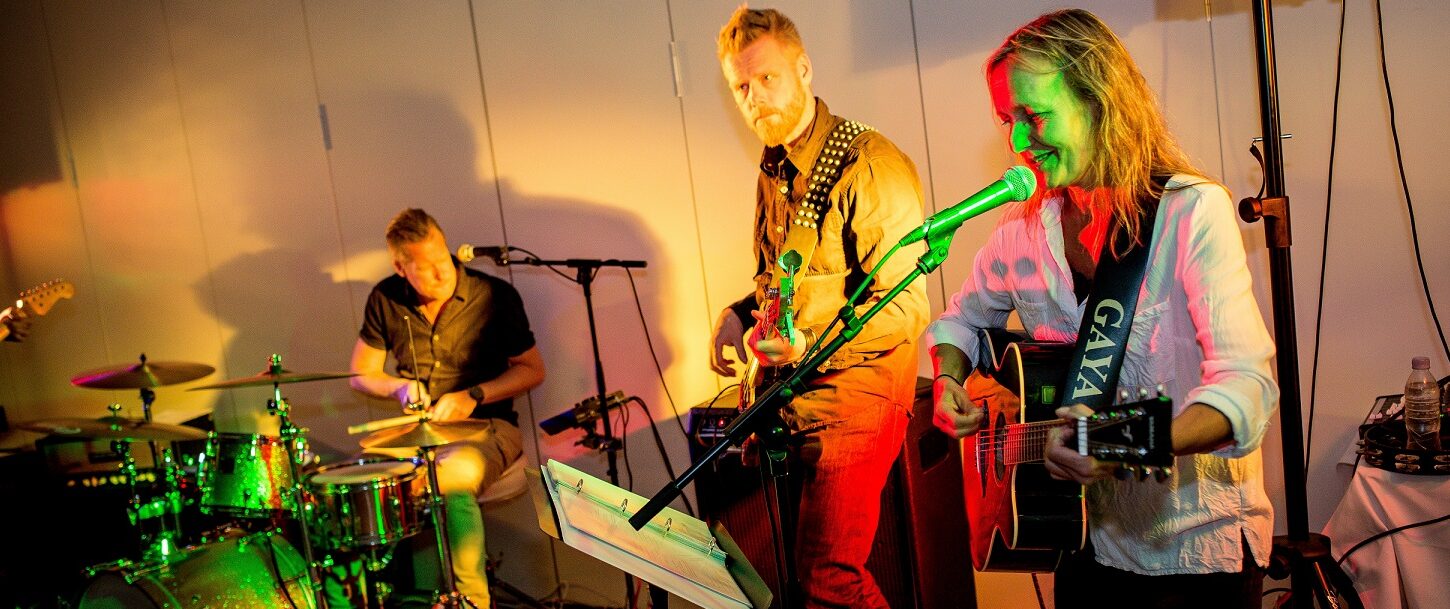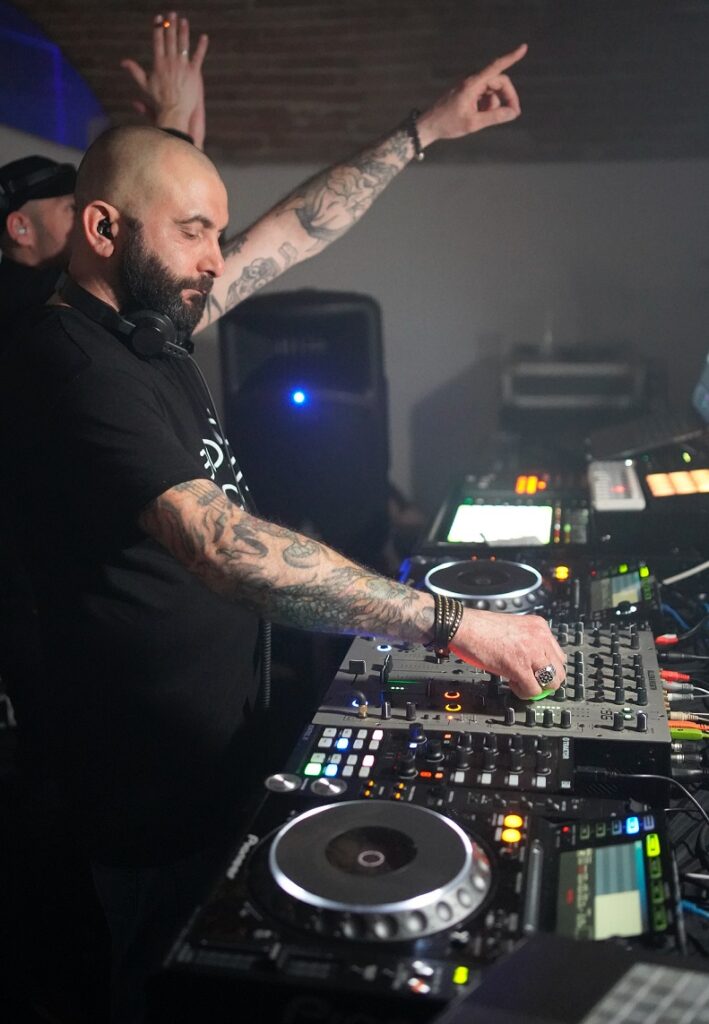Hip Hop and the Modern Era: The Vibrant Evolution of Memphis Music
Memphis, a city steeped in musical history, has been a fertile ground for various genres, including blues, soul, and rock ‘n’ roll. However, in recent decades, hip hop has emerged as a dynamic force in Memphis music, contributing to the city’s ever-evolving musical landscape. This article delves into the rise of hip hop in Memphis and explores the modern era of the city’s music scene, highlighting its impact, notable artists, and the fusion of different styles within this vibrant genre.
The Emergence of Memphis Hip Hop:
The foundations of Memphis hip hop can be traced back to the 1980s and 1990s when local artists began embracing the emerging genre. Groups like Three 6 Mafia (formerly known as Triple 6 Mafia), consisting of DJ Paul, Juicy J, and Lord Infamous, gained prominence with their dark, gritty beats and lyrics that reflected the realities of inner-city life. Their pioneering efforts set the stage for the Memphis rap scene to flourish.
Memphis Rap’s Unique Sound:
Memphis rap developed a distinctive sound that set it apart from other regional variations. Known as “horrorcore” or “crunk,” the music showcased aggressive, bass-heavy beats, haunting melodies, and macabre themes. Artists like Project Pat, Gangsta Boo, and DJ Squeeky embraced this style, attracting a dedicated fan base and carving out a niche within the broader hip hop landscape.
The Influence of Southern Rap:
Memphis’ proximity to other Southern cities like Atlanta, Houston, and New Orleans played a pivotal role in shaping the city’s hip hop scene. Memphis artists drew inspiration from their southern counterparts, incorporating elements of bounce, trap, and chopped and screwed music into their sound. This cross-pollination created a fusion that further diversified the Memphis hip hop sound.
Influence on Popular Culture:
Memphis hip hop began making significant waves in popular culture during the late 1990s and early 2000s. Three 6 Mafia’s Oscar-winning song “It’s Hard Out Here for a Pimp” from the movie “Hustle & Flow” brought national attention to the city’s rap scene. This achievement marked a watershed moment, highlighting the mainstream recognition of Memphis hip hop and solidifying its impact on contemporary music.
The Legacy of Memphis Hip Hop:
Memphis has birthed numerous influential hip hop artists who have left an indelible mark on the genre. Project Pat’s gritty storytelling, Gangsta Boo’s commanding presence, and the experimental sounds of Tommy Wright III are just a few examples of the diverse contributions made by Memphis rappers. These artists paved the way for a new generation of talent to emerge.
Evolution and Diversity:
As hip hop continued to evolve, Memphis witnessed the emergence of artists who pushed the boundaries of the genre. Young Dolph, Yo Gotti, and Moneybagg Yo rose to prominence, incorporating trap influences while showcasing their unique lyrical prowess. These artists brought fresh perspectives to Memphis hip hop, contributing to its continued growth and relevance.
Collaborations and Cross-Genre Fusions:
The modern era of Memphis music is marked by collaborations and cross-genre fusions that reflect the city’s diverse musical heritage. Artists like Juicy J and DJ Paul have collaborated with mainstream acts, bringing Memphis hip hop to a wider audience. Furthermore, Memphis artists have explored intersections with R&B, soul, and even indie genres, creating a dynamic and innovative musical landscape.
Music Festivals and Platforms:
Memphis boasts a thriving music festival scene that celebrates the city’s vibrant hip hop culture. The Memphis Hip Hop Weekend and the Beale Street Music Festival provide platforms for local and national hip hop artists to showcase their talents and connect with audiences. These festivals, along with local venues such as the Hi-Tone Café and Minglewood Hall, have become integral to the promotion and growth of Memphis hip hop.
Social and Political Commentary:
Similar to the roots of hip hop itself, Memphis artists have used their music as a platform for social and political commentary. Through their lyrics, they shed light on the realities of urban life, inequality, and systemic issues. This tradition aligns with the historical significance of Memphis as a city deeply engaged in civil rights activism and social change.
Music Industry and Entrepreneurship:
The modern era of Memphis hip hop has witnessed an increase in independent artists and entrepreneurs. Many artists have taken control of their careers by establishing their own record labels, production companies, and clothing lines. This DIY approach has allowed them to maintain creative control and foster a sense of community within the local music scene.
Hip hop has become an essential component of the modern era in Memphis music. From its roots in the 1980s and 1990s to its diverse and dynamic present-day scene, Memphis hip hop has left an indelible mark on the city’s musical heritage. The genre’s unique sound, fusion with southern rap influences, and collaborations across genres have propelled Memphis hip hop into the national spotlight. As artists continue to push boundaries, provide social commentary, and embrace entrepreneurship, the future of Memphis hip hop remains bright, promising continued innovation and contributions to the global hip hop landscape.

